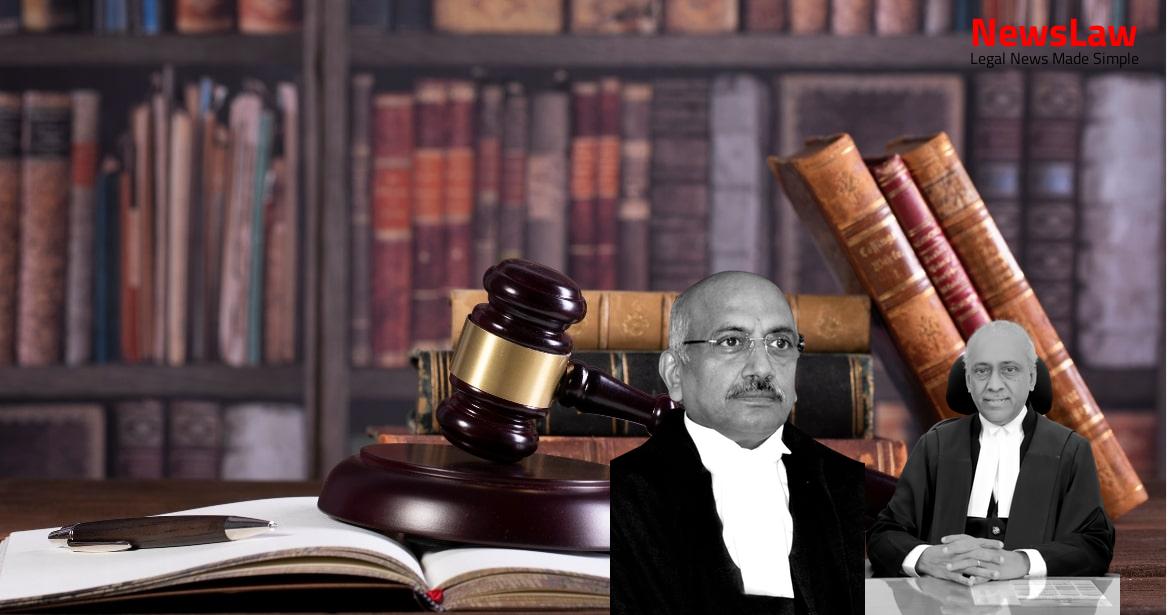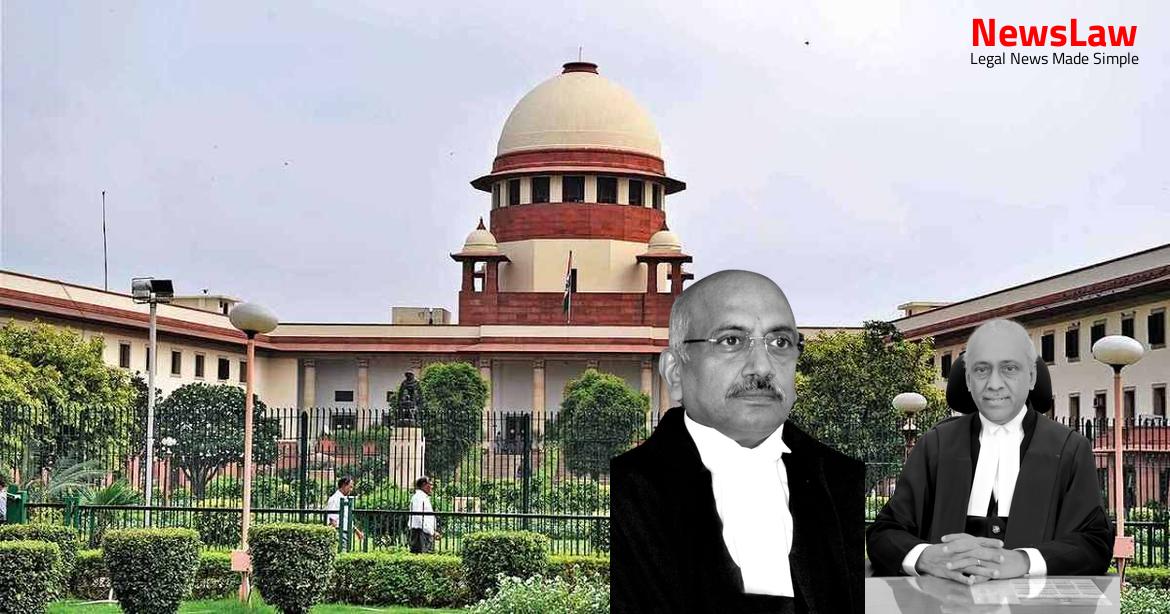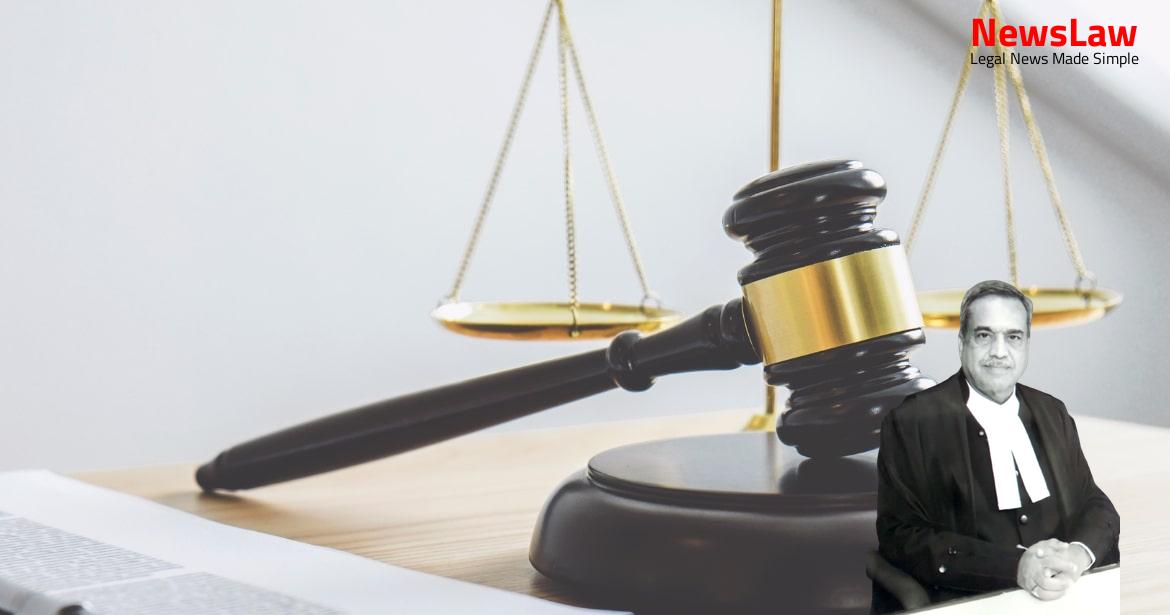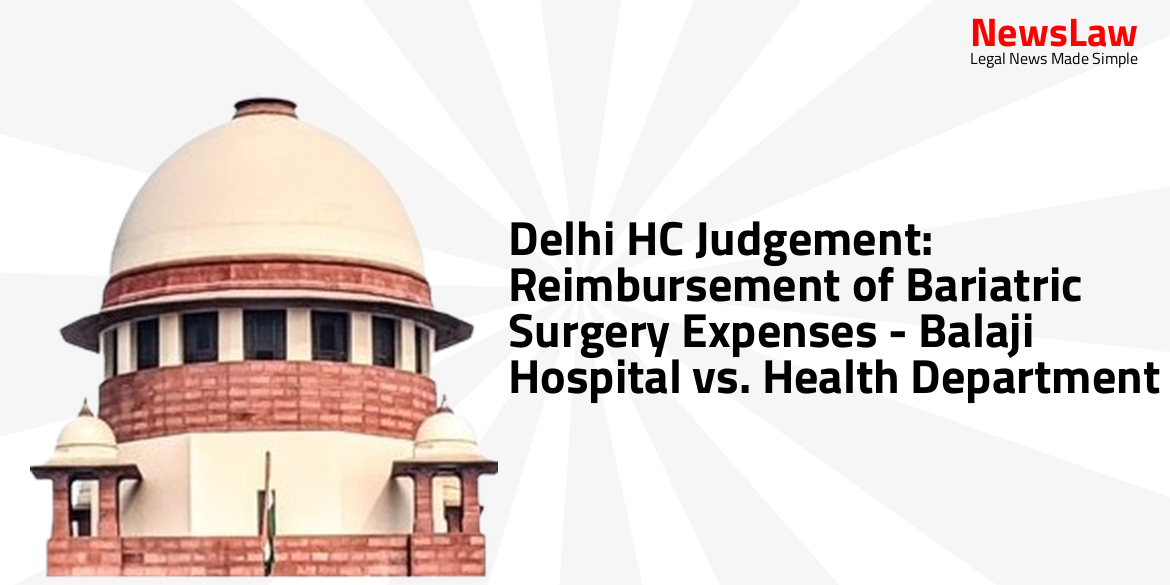Delve into the legal intricacies of judicial review in the recent High Court case involving a premature retirement order. The court’s emphasis on considering the entire service records and subjective satisfaction of the Government sheds light on the complexities of compulsory retirement. This summary explores the significance of uncommunicated adverse remarks, the distinction of judicial service, and the pivotal role of factual accuracy in rendering such judgments.
Facts
- The Division Bench of the High Court of Delhi set aside the order of premature retirement passed against the respondent.
- The order was dated 14.10.2011.
- This appeal stems from the aforementioned order.
- Superannuation Review Committee found the writ petitioner unfit to continue in service beyond 30 years.
- Head Constable Om Prakash was prematurely retired after 30 years of service.
- ACRs from 1990 to 2009 were good or very good, while penalties were imposed in 2005 and 2008 for minor offenses.
- High Court set aside the premature retirement order as penalties before 2000 were to be ignored after the petitioner’s promotion.
- Post-promotion, fines were imposed for sleeping on duty and overstaying leave.
Also Read: Landmark Judgment on Compensation for Fatal Accident
Analysis
- The ACR for the year 2010 was graded average but not conveyed to the writ petitioner, therefore not considered while determining the writ petitioner as dead wood.
- Order of compulsory retirement is not a punishment and implies no stigma or misbehavior.
- Compulsory retirement is in public interest and based on subjective satisfaction of the Government, not liable to be quashed for uncommunicated adverse remarks.
- High Court misdirected in setting aside order of premature retirement based on uncommunicated adverse entries from 12 years prior to retirement.
- Dispensation of justice is a serious matter and considered as discharge of a pious duty.
- Orders of premature retirement of judicial officers upheld in numerous judgments due to distinct nature of judicial service.
- Compulsory retirement is a prerogative of the Government, not requiring a speaking order but must be based on material and subjective satisfaction of the Government.
- Various judgments upheld orders of compulsory retirement even with uncommunicated adverse remarks taken into consideration.
- The order of the High Court contains a factual error stating there are no adverse remarks in the ACRs.
- The ACRs from 1990 to 2009 were not all good or very good as mentioned inaccurately.
- Adverse remarks in ACRs can be considered based on various judgments.
- The order of premature retirement must be based on the entire service records.
- Recent reports can be considered as well.
- The High Court’s decision to set aside the order of premature retirement is unsustainable and is overturned.
- The entire service record, including ACRs prior to the promotion, must be taken into consideration.
Also Read: Land Acquisition Compensation Analysis
Decision
- The writ petition has been dismissed.
- The appeal has been allowed.
Also Read: Judicial Review of Search and Seizure Authorization
Case Title: CENTRAL INDUSTRIAL SECURITY FORCE Vs. HC(GD) OM PRAKASH (2022 INSC 147)
Case Number: C.A. No.-005428-005428 / 2012



